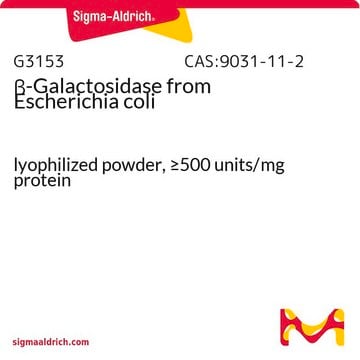SML0074
Acenocoumarol
≥98% (HPLC)
Synonym(s):
(±)-Acenocoumarin, 3-(α-Acetonyl-p-nitrobenzyl)-4-hydroxy-coumarin
About This Item
Recommended Products
Quality Level
assay
≥98% (HPLC)
form
powder
color
white to tan
solubility
DMSO, heptane and xylene: ≥17 mg/mL
originator
Novartis
storage temp.
−20°C
SMILES string
CC(=O)CC(c1ccc(cc1)[N+]([O-])=O)C2=C(O)c3ccccc3OC2=O
InChI
1S/C19H15NO6/c1-11(21)10-15(12-6-8-13(9-7-12)20(24)25)17-18(22)14-4-2-3-5-16(14)26-19(17)23/h2-9,15,22H,10H2,1H3
InChI key
VABCILAOYCMVPS-UHFFFAOYSA-N
Gene Information
human ... VKORC1(79001)
Looking for similar products? Visit Product Comparison Guide
Application
Biochem/physiol Actions
Features and Benefits
signalword
Warning
hcodes
Hazard Classifications
Acute Tox. 4 Oral - Eye Irrit. 2 - Skin Irrit. 2 - STOT SE 3
target_organs
Respiratory system
Storage Class
11 - Combustible Solids
wgk_germany
WGK 3
flash_point_f
Not applicable
flash_point_c
Not applicable
Certificates of Analysis (COA)
Search for Certificates of Analysis (COA) by entering the products Lot/Batch Number. Lot and Batch Numbers can be found on a product’s label following the words ‘Lot’ or ‘Batch’.
Already Own This Product?
Find documentation for the products that you have recently purchased in the Document Library.
Articles
Bioactive small molecules for immune system signaling target identification/validation and antibiotics, antivirals, and antifungals offered.
Our team of scientists has experience in all areas of research including Life Science, Material Science, Chemical Synthesis, Chromatography, Analytical and many others.
Contact Technical Service









